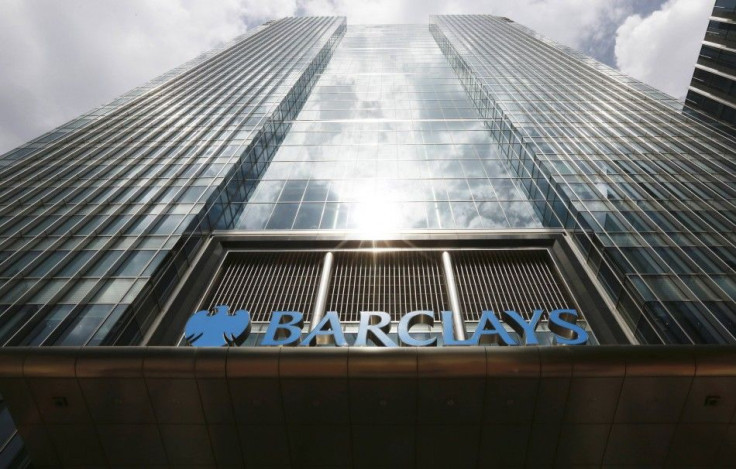Somalia Facing Potential Humanitarian Disaster After Crucial Banking System Discontinued By Barclays (NYSE:BCS)

Somalia could be facing a humanitarian crisis after Britain’s Barclays PLC (NYSE:BCS) decided to stop aiding the informal banking practices that enabled money transfers into the country from the 1.5 million Somalians living abroad.
Hawala’s, as they are known, act as a lifeline for more than half of the impoverished 10 million people living in the lawless East African country, amounting to about $1 billion in annual income, according to a report by the Financial Times. Although, CIA figures say that the industry is worth as much as $1.6 billion to the economy.
In June, the hawala system was threatened by Barclays’ decision to stop facilitating the payments, citing possible links to criminal activity, claiming some of the money services could be facilitating money laundering and terrorism. A large part of Somalia is controlled by Al-Qaeda.
However, British politicians and UK based campaigners who managed to get the bank to grant a stay of execution, claiming that immediate halt in the service would have serious consequences, are now looking to get an extra six to 12 months in order to find a solution.
According to the Office of National Statistics, there are 115,000 Somalians living in the United Kingdom and contribute around $150 million to the Somalian economy, far exceeding any aid contributions from international donors.
Barclay’s fears come after the UK's HSBC Holding PLC (LON:HSBA) was fined $1.9 billion for unwittingly allowing money laundering to take place and Standard Chartered PLC (LON:STAN) were fined $667 million for similar breaches of regulations.
While the decision barely caused a ripple through the international banking network, it held the potential to cut off crucial income for people in Somalia.
Somalia has no ATMs or banking infrastructure after it was dissolved in the mid-90s, according to World Bank data. Most people are able to receive cash from the U.S. thanks to a payment-system company called Dahabshil Inc., although others do exist. The system helps facilitate the transfer of cash between vendors in the U.S. and hundreds of locations in Somalia and nations with large Somali populations, including Somalia, Djibouti, Ethiopia, Kenya, South Sudan, Sudan and Uganda.
Barclay's withdrawal threatens Dahabshil’s 286 payout locations in Somalia. In its place, Barclay’s has launched its own money transfer service in partnership with Western Union, which only has one branch in the whole of Somalia and recently paid a $94 million fine for money laundering charges. Western Union charges almost double what Dahabshil for a money transfer.
© Copyright IBTimes 2024. All rights reserved.












